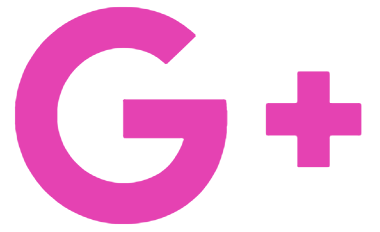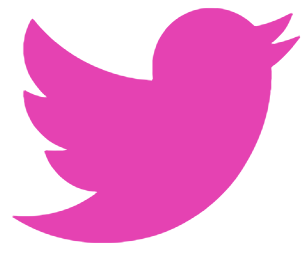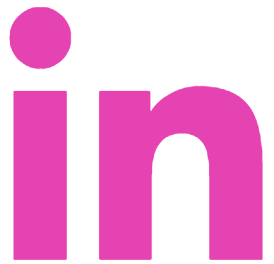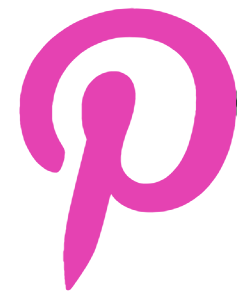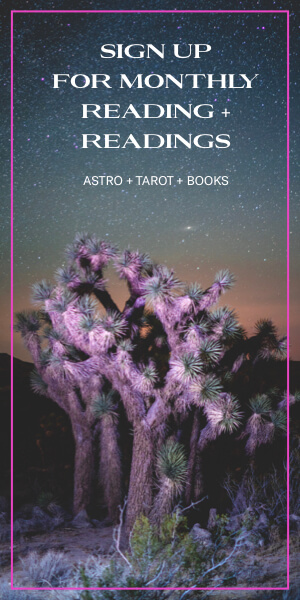How to Grow Your Author Platform
BY: Ruby Warrington · Writing Life
Real talk and some tough love on how to build your author platform, get published, and sell books …
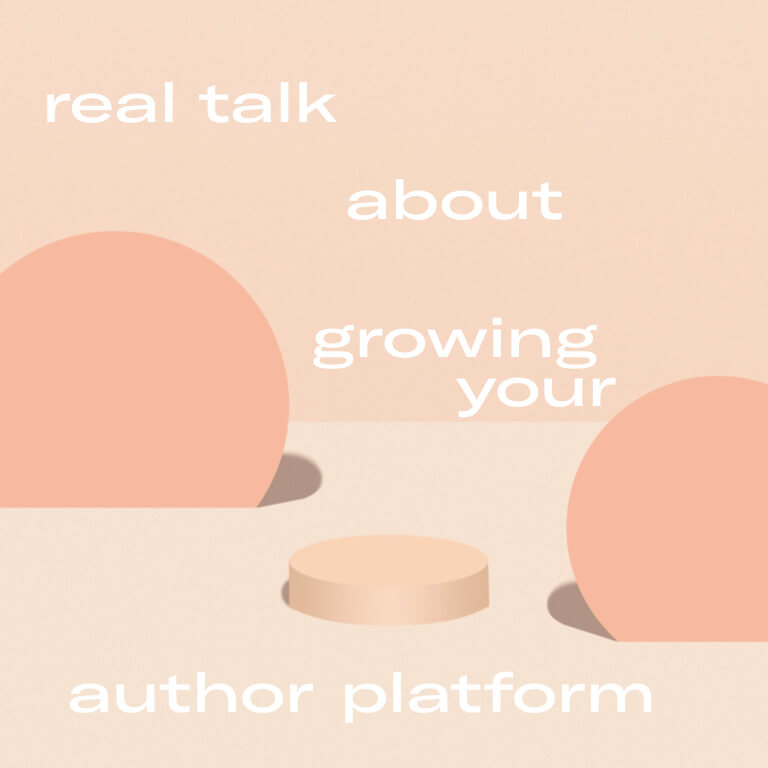
Let’s talk about how to grow your author platform—not exactly every author’s favorite subject.
… Sigh …
But if you’ve ever even dipped a toe into the publishing world — or thought about writing a book — you’ve probably had to reckon with the concept.
In a nutshell, your platform is the launchpad for your book.
What are you known for?
Who is your audience?
Who will buy your book?
Very often, platform is distilled down to hard numbers.
A.k.a. Your social media and newsletter reach.
If your stats are below a certain level (it used to be 10K, now it’s more like at least 150K) … agents and publishers will be less confident that they can get you a deal.
I spent seven years solidly building the Numinous audience. In addition to the hours I put in making free content, I was lucky — the social media and newsletter marketplace wasn’t nearly as crowded in 2012-2019 as it is today.
It’s also what got me my first book deal. A publisher saw my “numbers” and reached out.
In fact, one of the main reasons I launched Numinous Books is because I knew firsthand exactly how hard it was for people without existing platforms to get book deals.
I hoped to be able to offer my platform to authors who didn’t have one of their own. So that writers could self-publish to a built-in audience.
But over the past few years, my idea of platform has been evolving. Which is why I wanted to give you this look behind the scenes about how I’m thinking of platform right now.
We’re going to look at:
- Do you really need a platform?
- What if you’re looking to self-publish?
- How do you actually build a platform these days (especially if you’re opposed to social media, or more of an introvert)?
Plus, I’ll give you the full scoop on A SUPER encouraging conversation I had with a publisher recently about what platform really means
So if you’re curious about how to make the concept of Platform work for you — keep reading — because I’m about to lay it all out.
Here’s what you need to know about Platform in 2022 …
///
Real talk: Platform building takes commitment.
One of the reasons platform building can seem soul-sucking is that it means SO much output with no guarantee of a return.
Cultivating your audience takes consistency, continuous work, and ongoing nurturing, from regular newsletters and social posts, to pitching yourself for articles, podcast appearances, and speaking gigs.
That’s a steep putting-yourself-out-there curve, especially for an introvert.
Plus, social media platforms have become more video-based — an extra deterrent for anyone who’s not great at making videos or comfortable on camera. (Hey, have we met?)
So, do you REALLY need a platform?
I wish I could tell you having an audience doesn’t matter.
That your book is going to find the right people based on the quality of your writing and the quality of your ideas.
That might be true for a very, very small percentage of people.
But these are the true Unicorns, and often books we perceive as being “overnight successes” have actually been years in the making. (This interview with Mark Manson, author of The Subtle Art of Not Giving a F*ck is a case in point).
Which means platform is something that most of us have to be thinking about.
Why? Because platform is ultimately about “name recognition.” And most people buy books from people they feel they “know” and/or “trust.”
Think about the last three books YOU bought, and why you picked them up. Chances are, part of you thought, “I’ve heard of that author, and I’m curious about what they have to say.”
In the case of a recommendation or a review (the BEST marketing when it comes to books) this is because you “knew” and/ or “trusted” the person recommending it. Who in turn, “knew” and/or “trusted” the author enough to write the review.
And BOOM: this is why PLATFORM.
///
But what if you’re self publishing?
Even if you think you can get around audience building through self-publishing, it’s not such an easy thing to dismiss.
Because you’re still going to need to ask yourself:
“Who am I going to be putting my book in front of when I publish it?”
Working with my Numinous Books authors has shown me time and again: the people who have the bigger platforms OF THEIR OWN sell more books.
Again, name recognition is KEY.
Of course, some people publish because they have a book they need to write. It’s a personal project and it’s not about book sales.
Others see their book as a platform-building tool in and of itself—something to go on podcasts to talk about. Which is completely valid!
But for the majority of us, given the amount of time, money, hours, energy, blood, sweat, and tears we invest in getting the book out there …
Knowing that you’re going to have at least some sales is a really important piece of the pie.
So, platform is essential, no matter how you slice it.
So what if you’re an introvert (or someone who’s allergic to social media)?
Because it’s both ubiquitous and so quantifiable, most people automatically go to social media when thinking about the potential value of somebody’s platform.
Again, this can be very disheartening for people who don’t feel comfortable posting on social. Or who have ethical issues around the negative impact of social media on society in general.
BUT! I had an extremely encouraging conversation with a publisher recently that showed me the tide is turning
///
I was asked to endorse a book from one of her authors. So I did my due diligence and researched the author a bit. I found out she only had a few thousand followers on Instagram, maybe one thousand on Twitter. In terms of social media, that was it.
I asked the publisher flat out:
“How did this person get a book deal?!“
She told me:
“Our thinking is evolving. We’re looking far beyond just social numbers when it comes to platform.“
This was a TF moment for me!
Because it turns out, these days publishers are actually looking at things like:
- Whether someone is a known expert in their field, and are respected and recognized as someone who has things to say on their subject.
- If they have affiliations with organizations, other authors, or media outlets that validate that they can speak on this topic.
- Newsletter list size and Linkedin following.
- The reach they have with a business platform.
- Events they organize in their space.
- Panels and podcasts they’ve spoken on.
In sum — any and all ways that you show up in the public sphere is part of your platform!
The moral of the story? Even people with a small social media following can get published
AND you still need to be actively and consistently working to put yourself and your ideas out there.
///
My Biggest Takeaway Around Platform Is…
Platform-building takes effort, hard work, and consistency. Most of it unpaid (UGH).
But the more passionate you are about your subject … the more energy you will have for putting yourself out there.
In fact, I tell all my clients that they need to be sort of OBSESSED with whatever it is they want to write about.
This way, you will naturally find yourself talking about your subject, finding outlets for it, and getting psyched about potential collaborations.
And if you’re NOT feeling this way about sharing your book’s message … then maybe it’s not quite the right book for you to be writing.
Tough love? Maybe.
But now consider this: the more successful your book is, the more you will be asked to talk about that topic — over and over and over again … on top of writing the book itself.
So make audience building your litmus test:
Are you so in love with your message, and so convinced that the world needs to hear it, that you’ll do whatever it takes to find an audience for what you have to say?
If the answer is YES then start your platform building today — because you’ll always wish you’d started earlier.
You got this!


